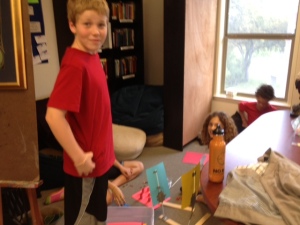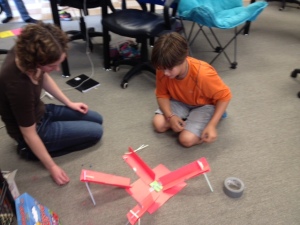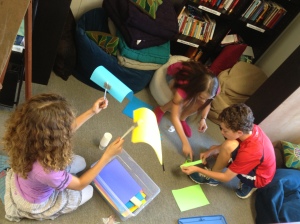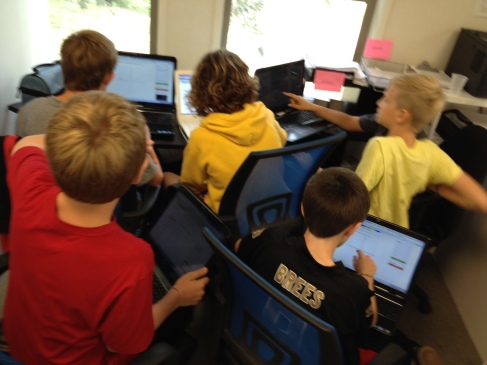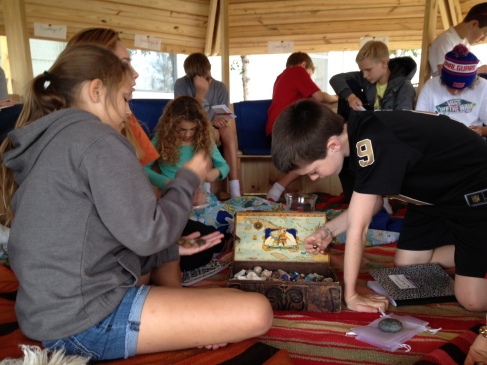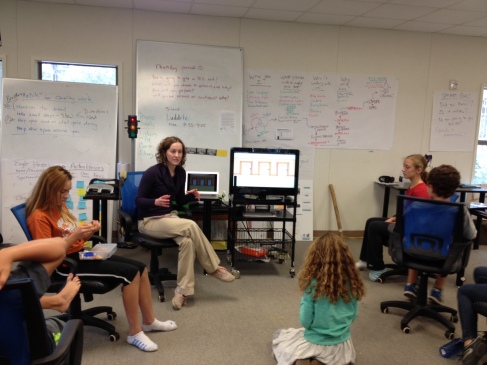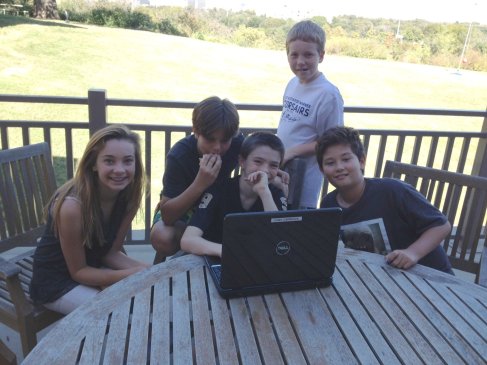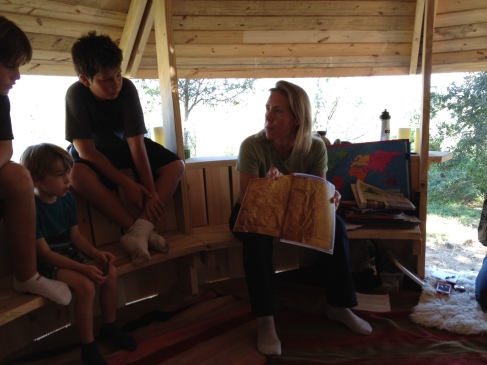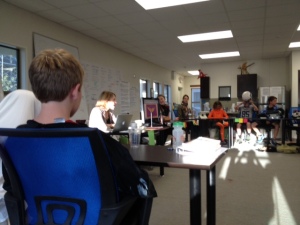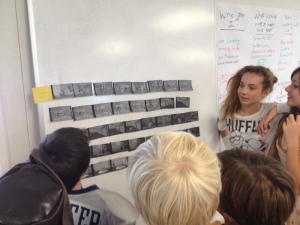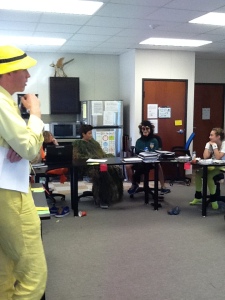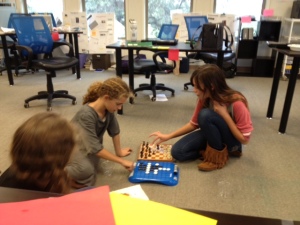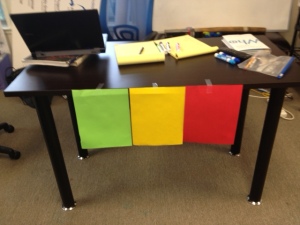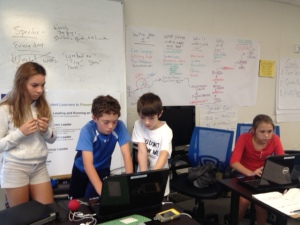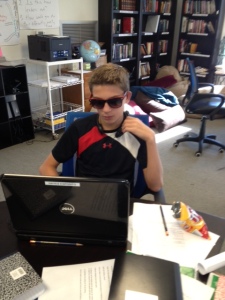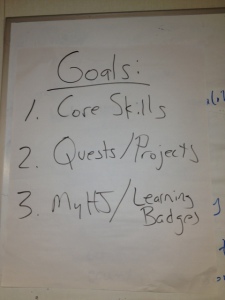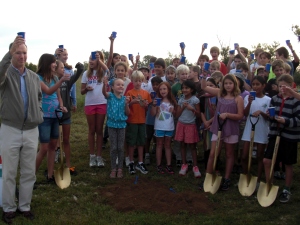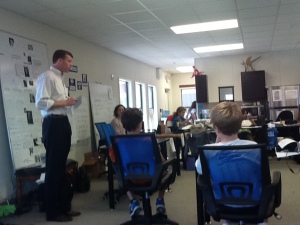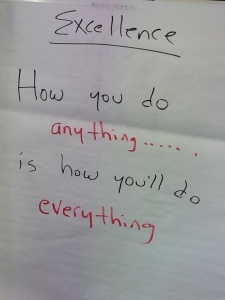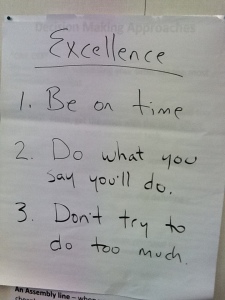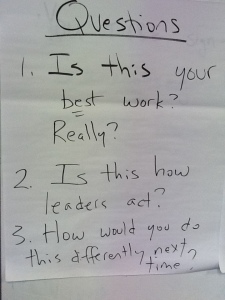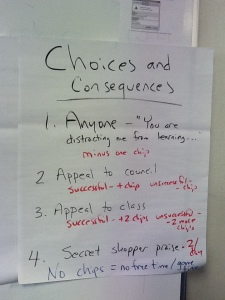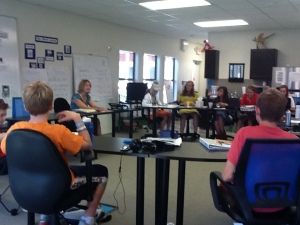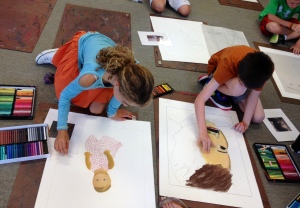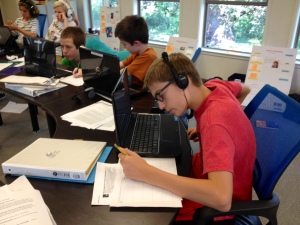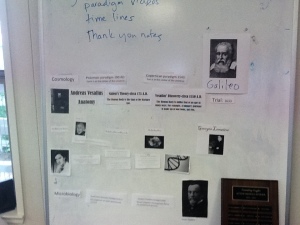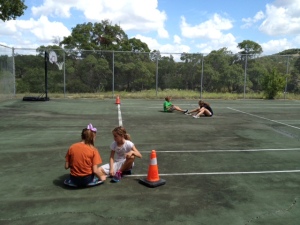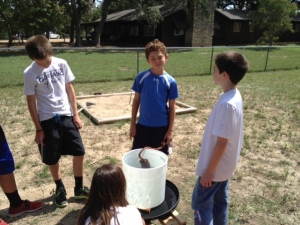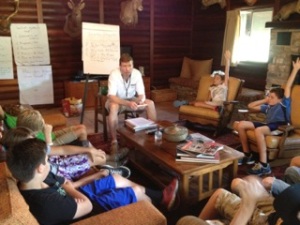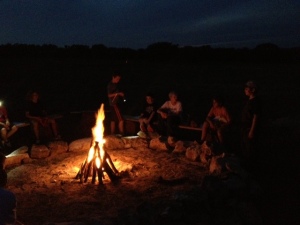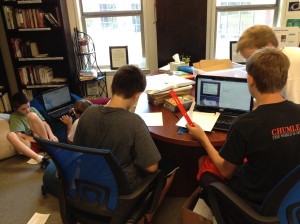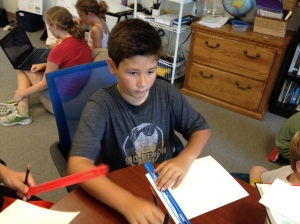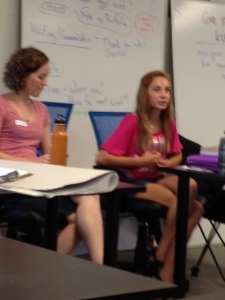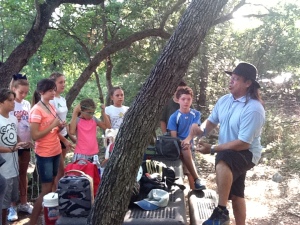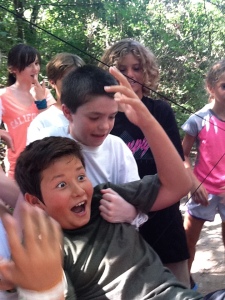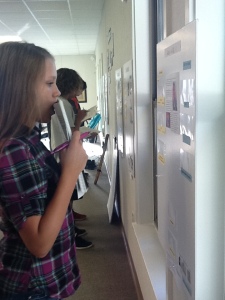The first task in any new school is establishing a healthy learning culture: this requires paying attention to perspective, energy and rhythms.
Perspective means giving Eagles a map showing where we are heading as a group, and how it connects to their personal journey. The map should display the final goals; important mileposts and include the most important questions we will ask. A map helps us to pause occasionally; mark where we are in the journey; reflect on where we have been and foreshadow where we are going next.
Included with this map should be an easy to read list of projects and mini-projects for the session and a weekly schedule to shows at a glance when we will be in Core Skills; Art; PE; History or Project time.
The more uncertainty you can remove by providing a road map and schedule, the more energy that goes into discovery and deep learning.
Monitoring energy is important too. We want the class humming with excitement. We want our Eagles engaged, in flow, laser focused, losing themselves in the learning. But such engagement can only be sustained for so long before you need a break. And points of reflection are needed to synthesize ideas and let important lessons soak in.
That’s why we carefully think about the flow of energy during a six week session, and include exhibitions to add excitement, as well as times of reflection to recharge. We take a similar approach to energy management when designing the weekly and daily schedules and when planning Socratic Discussions.
One student even came up with an idea we adopted: color coding the peaks and valleys in energy. A “red” rectangle posted on the wall mans we are fully focused in Socratic mode – it’s like the “red light” in recording studios – in our case signaling that serious learning is taking place. Discussion “rules of engagement” are in force, so no squirming in your seat; no getting up for the bathroom or a snack.
The “yellow” sign means collaborative rules are in effect: Eagles can move around or talk quietly with others, as long as they aren’t disturbing anyone else. A “green” sign means free time.
Intense, high energy “red” periods can only be maintained for brief periods, usually no more than fifteen to twenty minutes; “yellow” collaborative time for an hour to two hours, particularly if individuals are shifting between projects and skills; “green” periods need to be no longer than fifteen minutes, but are critical to blowing off excess energy or mentally recharging.
Within discussions, forcing students to take a stand and defend it raises classroom energy. So does asking concrete A/B choice questions. So does asking for specific examples and evidence to back up a point or conclusion. Conceptual questions drain energy. Conceptual questions may be needed for synthesis or deep learning, but must be used judiciously: like a pilot, a Socratic Guide only has so much energy to burn before the conversation stalls.
Perspective, energy and rhythms – if we manage these well, deep learning is sure to follow.

